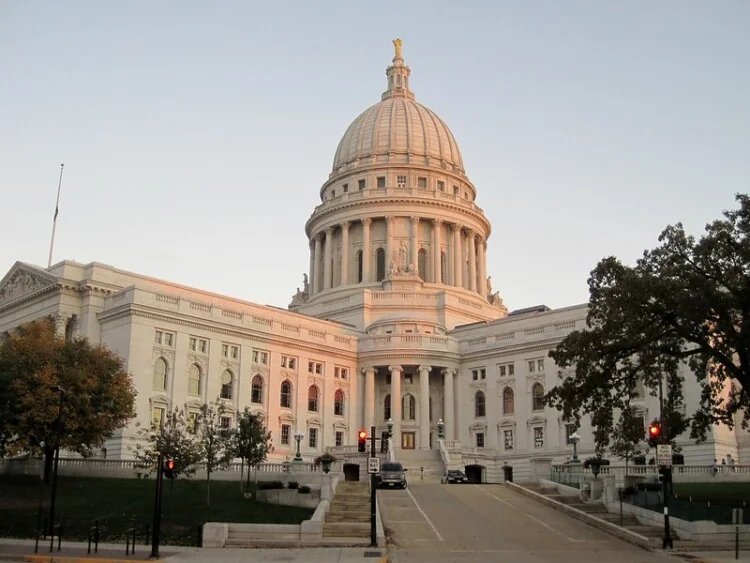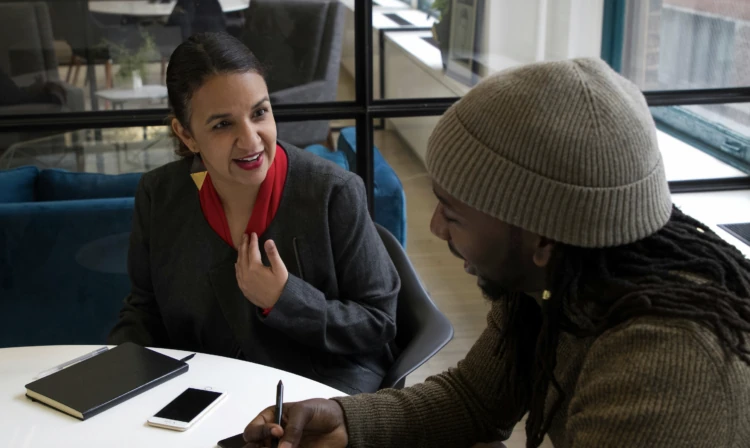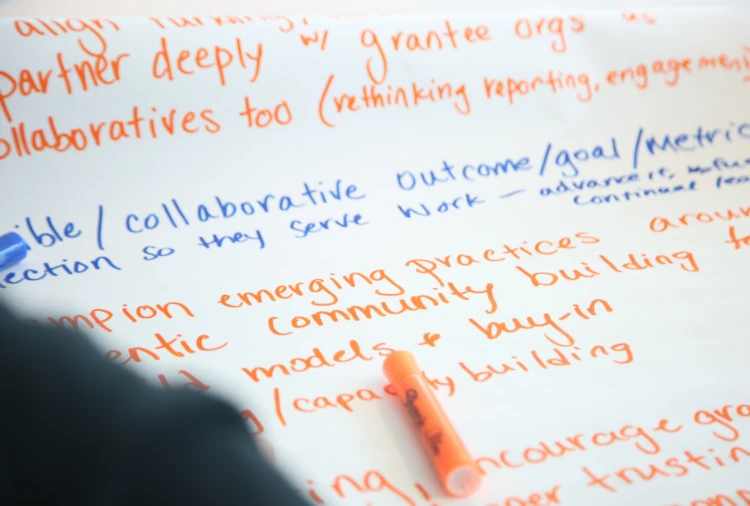Abstract
We show how policy makers converged to support similar reforms on a major educational issue: teacher effectiveness. Our study demonstrates the importance of idea brokers—actors that facilitate connections between preferences in policy networks and promote consensus around new policy ideas. Our study is based on analysis of testimony from 200 Congressional hearings from 2001 to 2015. We use discourse network analysis to examine network ties based on policy preferences expressed in hearings. We visualize policy networks, identify brokers, and estimate exponential random graph models to examine policy changes between the Bush and Obama administrations. We show how idea brokerage is associated with a convergence of policy preferences around teacher effectiveness among a coalition of political actors.
(Abstract via American Educational Research Journal.)





